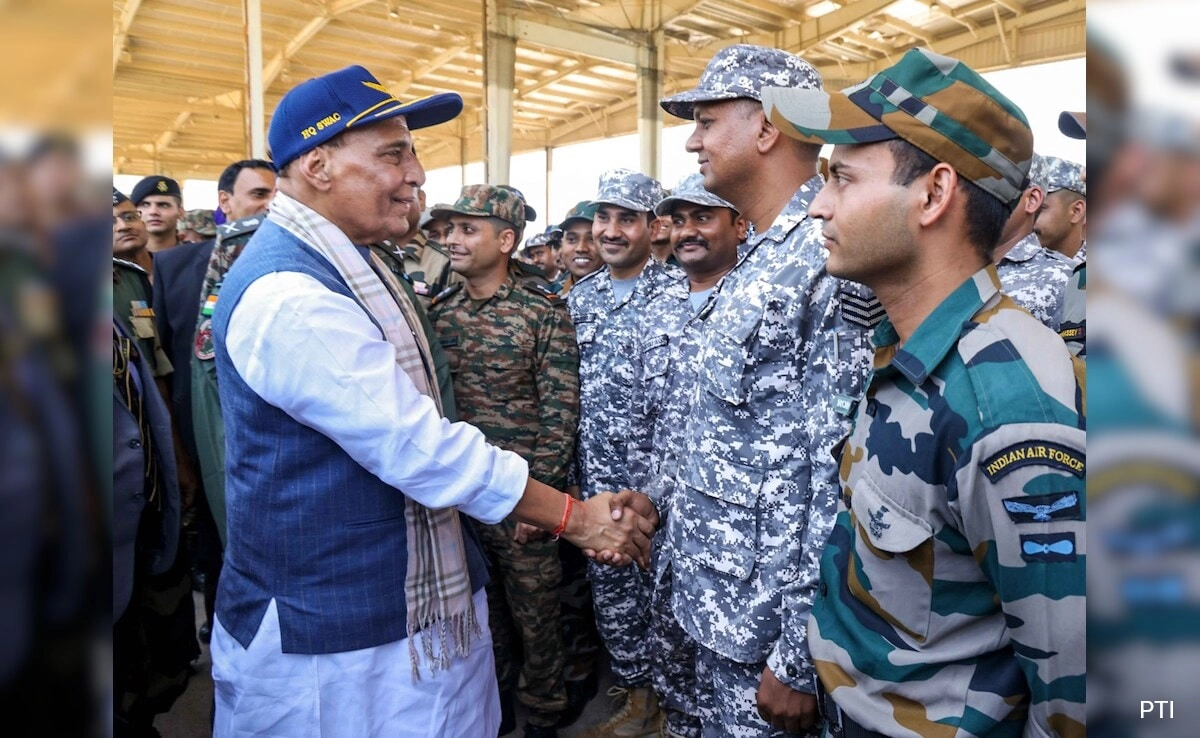In recent developments regarding Indo-Pak relations, Indian Defense Minister Rajnath Singh has emphasized the necessity for the International Monetary Fund (IMF) to reconsider its assistance to Pakistan. This statement comes amidst ongoing discussions surrounding the fragile ceasefire between India and Pakistan, particularly in light of the persistent challenges that have characterized their bilateral relations. Singh’s remarks underscore a growing sentiment within India that international financial support for Pakistan should be contingent upon its commitment to stability and peace in the region.
Singh’s comments highlight the complexities involved in the economic and political dynamics of South Asia. As Pakistan grapples with its financial difficulties, the role of international financial institutions like the IMF becomes critical. However, Singh’s assertion suggests that there should be a reevaluation of how such assistance is allocated, particularly if it does not contribute to fostering peace and security in the region. This perspective aligns with India’s broader strategic interests, which aim to ensure that aid does not inadvertently support actions that could escalate tensions or conflict.
The call for a reassessment of IMF assistance also reflects India’s concerns over cross-border terrorism and the need for a stable and peaceful Pakistan. If the international community continues to support Pakistan without imposing conditions related to its security practices, it may inadvertently undermine efforts to achieve a lasting ceasefire. The Indian government believes that sustainable peace in the region necessitates a comprehensive approach that not only addresses immediate humanitarian needs but also promotes accountability for actions that disrupt stability.
As the ceasefire continues to be a focal point of dialogue between India and Pakistan, the implications of Singh’s statement could reverberate beyond bilateral discussions and influence the broader geopolitical landscape. The international community, particularly organizations like the IMF, may find themselves at a crossroads, balancing the need to provide humanitarian assistance with the imperative of fostering an environment conducive to peace. In this context, Singh’s remarks serve as a reminder of the interconnectedness of economic support and regional stability, urging a more thoughtful approach to international aid in South Asia.




